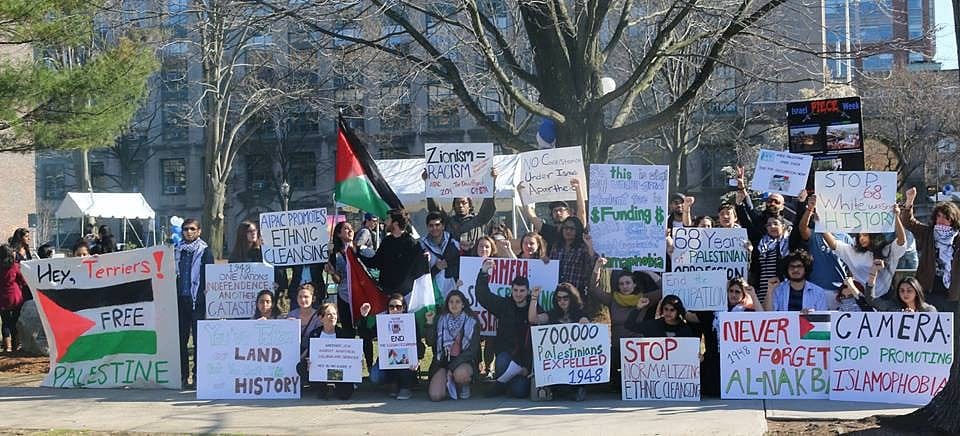Report shows disturbing rise in anti-Semitic activity on campus

With the start of the new academic term now just weeks away, there's at least one controversy that is certain to roil American college campuses again this fall: anti-Israel activism and anti-Semitism on campus.
On the heels of a 2015-2016 school year in which campus activists sought to convince public university systems such as the University of Massachusetts to divest from Israel, signs have popped up over the summer months that anti-Semitism linked to anti-Israel activism is on the rise.

